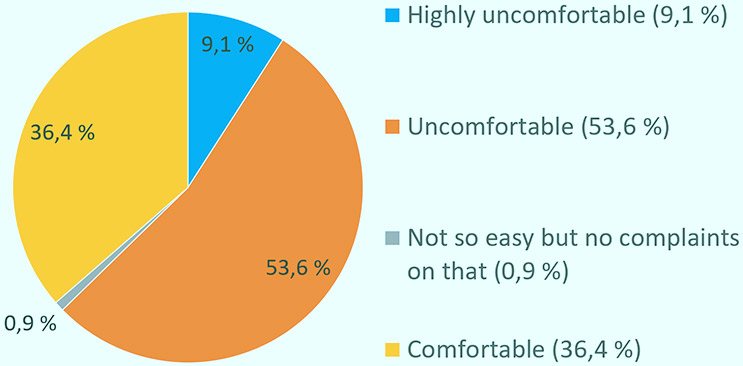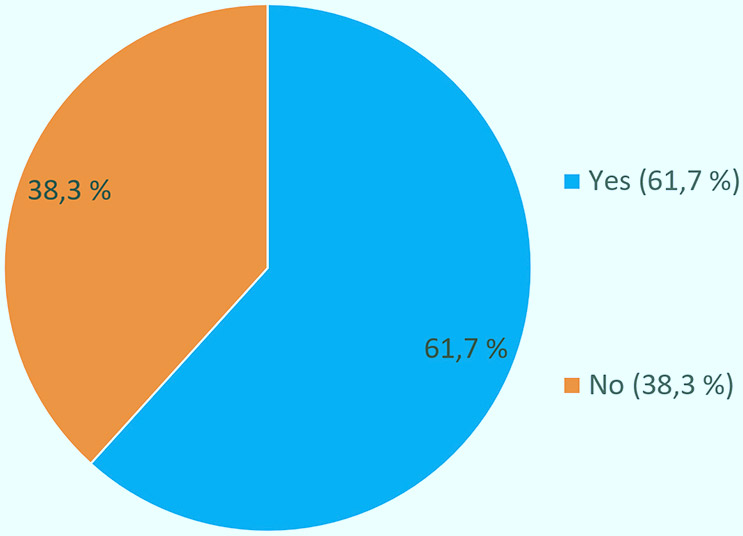Fact sheet 12-2016
Do Patients Want to Use E-health Tools when Ill?
Downloadable PDF
Fact-sheet-2016-12-Do-Patients-Want-to-Use-E-health-Tools-when-Ill.pdf
Faktaark-2016-12-Vil-pasienter-bruke-e-helseverktoy-naar-de-er-syke.pdf
Survey background
The Snow team research group at NSE hosted a master student project from the Business Creation and Entrepreneurship (BCE) program at UiT, focusing on e-health solutions for patient health service interaction. The project performed a survey to address to what degree the survey participants wanted to use e-health services, and what tools they currently use to support their information needs (1). A questionnaire was developed for collecting the responses.
The survey was conducted in Tromsø, and the convenience sampling method was used for data collection. The convenience factor also determined the number of samples for the survey, and eventually, the responses. An online questionnaire was developed and distributed using social networking sites, and 146 responses were received using the main author’s social network as a starting point. As the survey proceeded, the questionnaire needed some modifications, which resulted in fewer responses to some questions compared to others in the questionnaire.
Main findings
82 female and 64 male respondents provided the responses, of which 60% lived in city areas, 10% in suburban areas and about 8% in countryside areas. About 34% of the respondents lived less than 1.5 km, and about 54% lived within an 8 km distance from his/her GP’s office. No pattern of effect was observed on the behaviour of the respondents due to the variations in their demographic factor. The responses were either too similar or too random to draw any conspicuous conclusion regarding the respondents’ behaviour in relation to their age, gender, place of residence and income level.
76% of the respondents answered that they used the Internet to seek medical information when ill. Almost 76% of the respondents who sought online medical information did not use any specific online source for medical information search.
Almost 62% said they were somewhat satisfied with the services and information they received on the Internet, followed by 16% who were not so satisfied. Almost 70% of the respondents were sceptic towards the credibility of online medical information providers. 45% had doubts about the validity of the information available online. 36% believed that a large share of information was irrelevant for them.
Concerning the medical health service received and their perceptions of it, a majority of the respondents felt uncomfortable when physically travelling to the GP’s office when they are ill. About 62% of the respondents felt uncomfortable or highly uncomfortable travelling when ill. Among the most inconvenient things concerning a visit to the GP, about 40% of the respondents were dissatisfied with the late appointment date for GP consultations. 35% responded that they find the time consumed for the visit inconvenient.

77% of the respondents were interested in a possible virtual substitute to physical consultations with GPs, allowing them to have an electronic consultation with their GP. Even though the respondents expressed interest in the service, 53% of the respondents were not willing to substitute a physical consultation with a virtual consultation when ill. The words ‘interested’ and ‘substitute’ used in the questionnaire need attention, as how they are interpreted by respondents might affect their response.
About 62% of the respondents were interested in knowing whether other people are having a similar illness as themselves. This particular question was developed during the data collection process, and thus encountered by a smaller number of people.
Only 47 respondents replied to it. The pie chart above depicts the response regarding this particular question. Soliciting response for this question from a larger group of people might generate more precise results.

Concluding remarks
The main findings of the survey reveal that people indeed need and have certain concerns about online health information. Major percentages of the respondents also want alternative methods to physical consultations with their doctor when ill. The survey also confirms that the population’s statistics about the distribution of disease in the population is relevant knowledge for patients when ill.
References
- Sigdel D. Developing a Feasible Commercialization Strategy for “Erdusyk”. Where entrepreneurial education meets academic entrepreneurship. 1. juni 2016 [sitert 19. desember 2016]; Tilgjengelig på: http://www.ub.uit.no/munin/han...